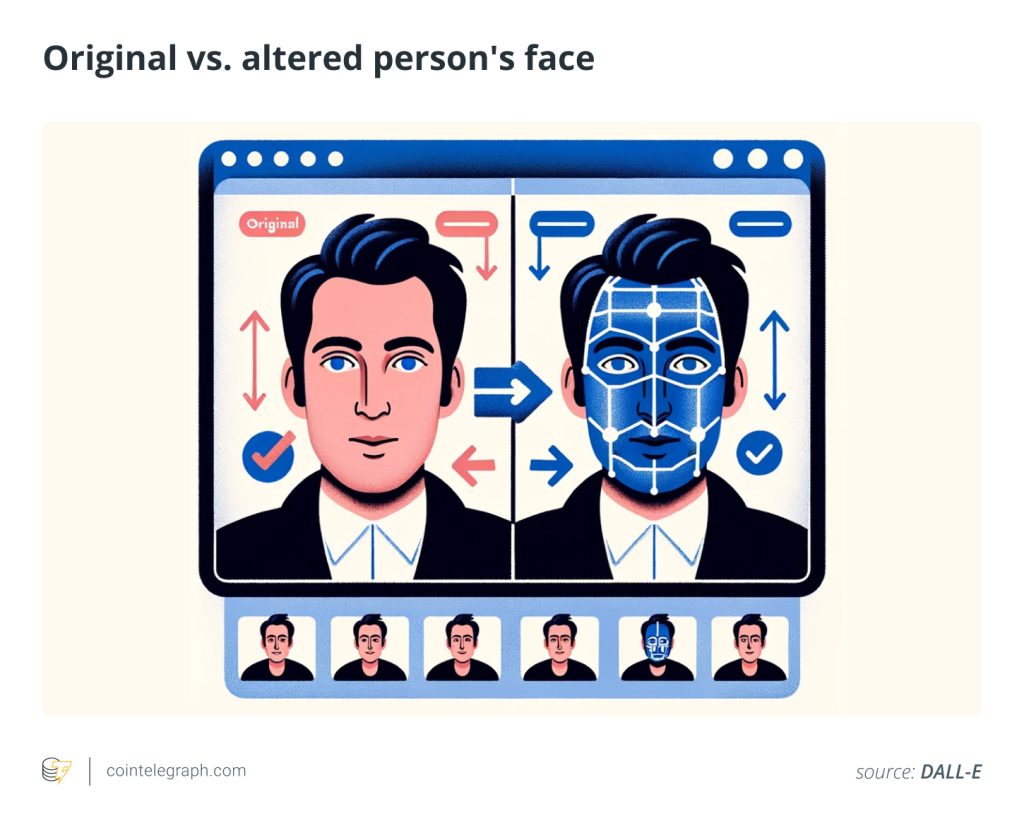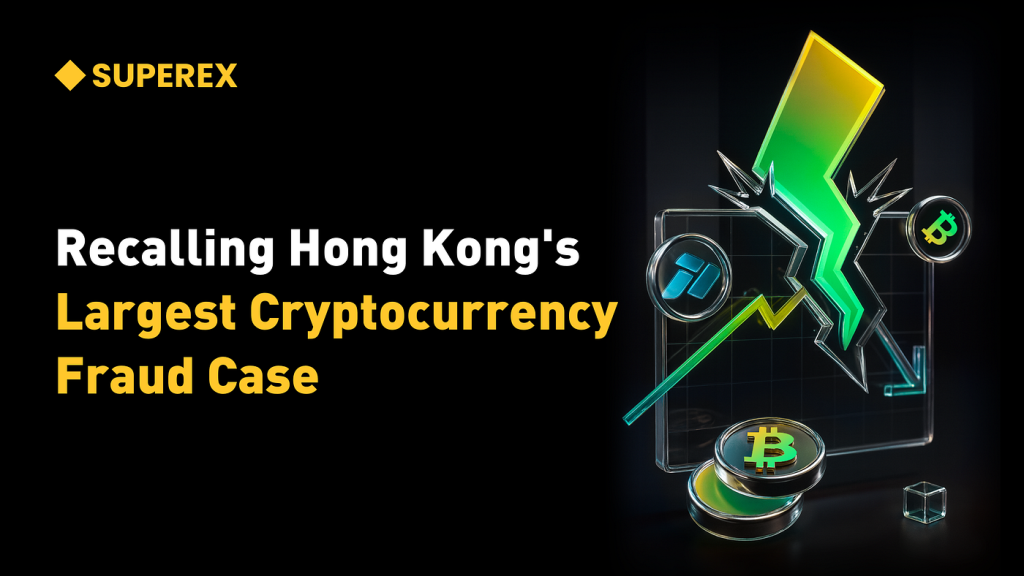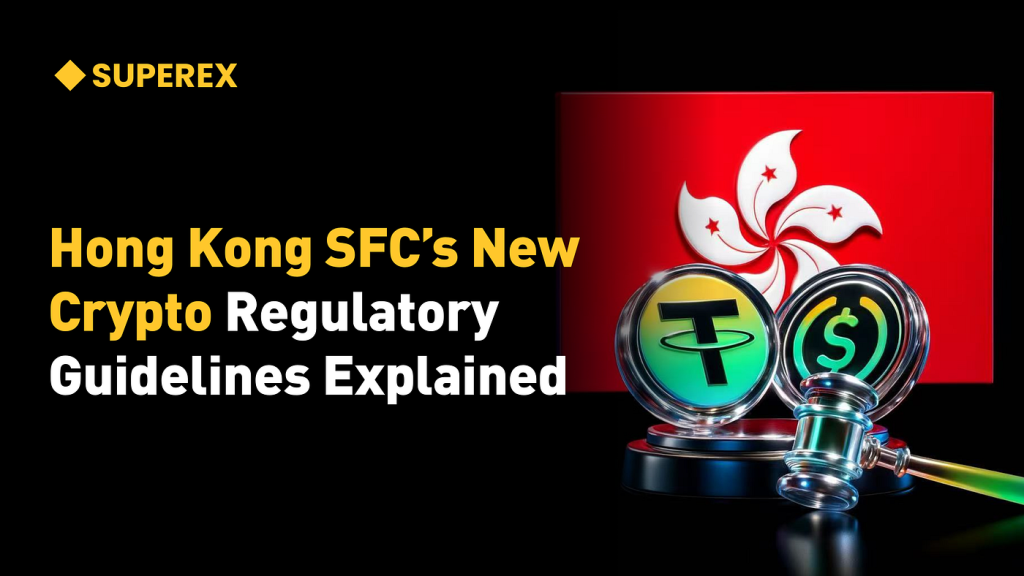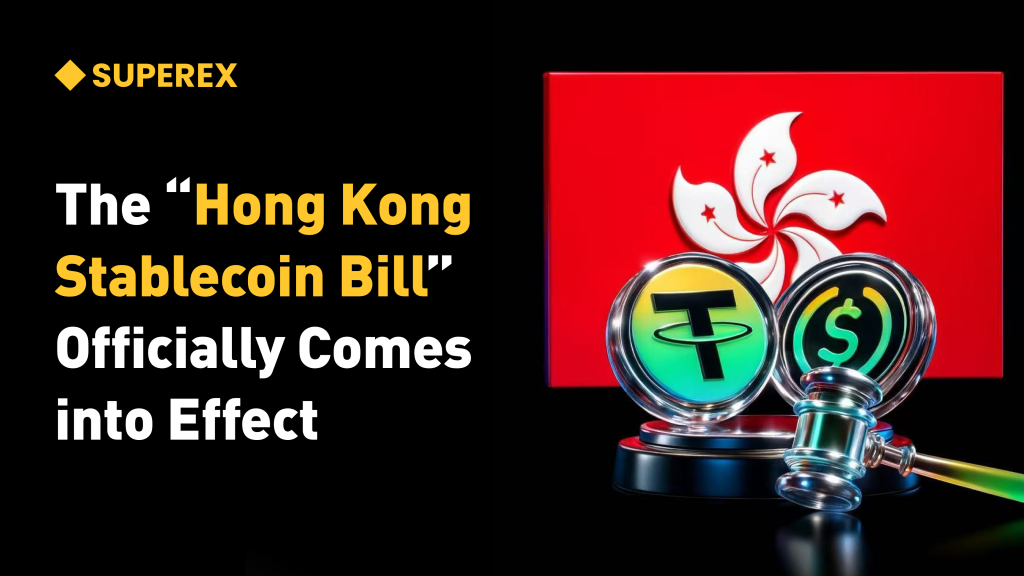Elaborate Elon Musk deepfake crypto fraud uncovered in Hong Kong

A fraudulent crypto exchange platform used AI-generated videos of Elon Musk and misleading information to promote crypto trading services.

Hong Kong authorities closed in on an unlicensed, fraudulent cryptocurrency exchange that faked affiliation with Tesla CEO and Dogecoin (DOGE) proponent Elon Musk.
The Hong Kong Securities and Futures Commission (HKSFC) issued a warning against Quantum AI, an entity that claims to offer artificial intelligence (AI)-based crypto trading services.
Hong Kong-based Quantum AI claimed direct affiliation with Musk on its now-defunct website. It stated that Musk developed the underlying AI technology for crypto trading. Additionally, the entity was found displaying AI-generated videos and images of Elon Musk on its website and social media handles.

Hong Kong SFC also suspected Quantum AI of spreading “false and misleading information about itself” through an undisclosed news website. The motive was to promote its crypto trading services and establish legitimacy among Hong Kong’s unwary crypto investors. The Hong Kong SFC alert read:
“It claims on the “news” website that the Hong Kong public has been using its technology to trade in cryptocurrencies and is able to earn “too-good-to-be-true” returns.”
Local media outlet Jinse reported that the HKSFC directed the Hong Kong police to block Quantum AI’s website and remove all related social media pages.
In total, 23 crypto exchanges have applied for license registration in Hong Kong. The HKSFC stopped accepting crypto license applications in February and directed all unlicensed entities to wind up operations by May’s end.
Related: Hong Kong spot Bitcoin and Ether ETFs struggle to gain traction
Amid the ongoing crackdown on unlicensed crypto exchanges, the Hong Kong Monetary Authority (HKMA) and the Central Bank of Hong Kong announced a collaboration with local private sector firms like HSBC and HashKey to explore asset tokenization.
On May 7, HKMA announced the formation of a “Project Ensemble Architecture Community,” a special community comprising industry representatives and regulators to develop tokenization standards.
The initiative is also designed to promote and support interoperability among wholesale central bank digital currencies (wCBDCs) — a type of digital money used among banks and financial institutions.






Responses